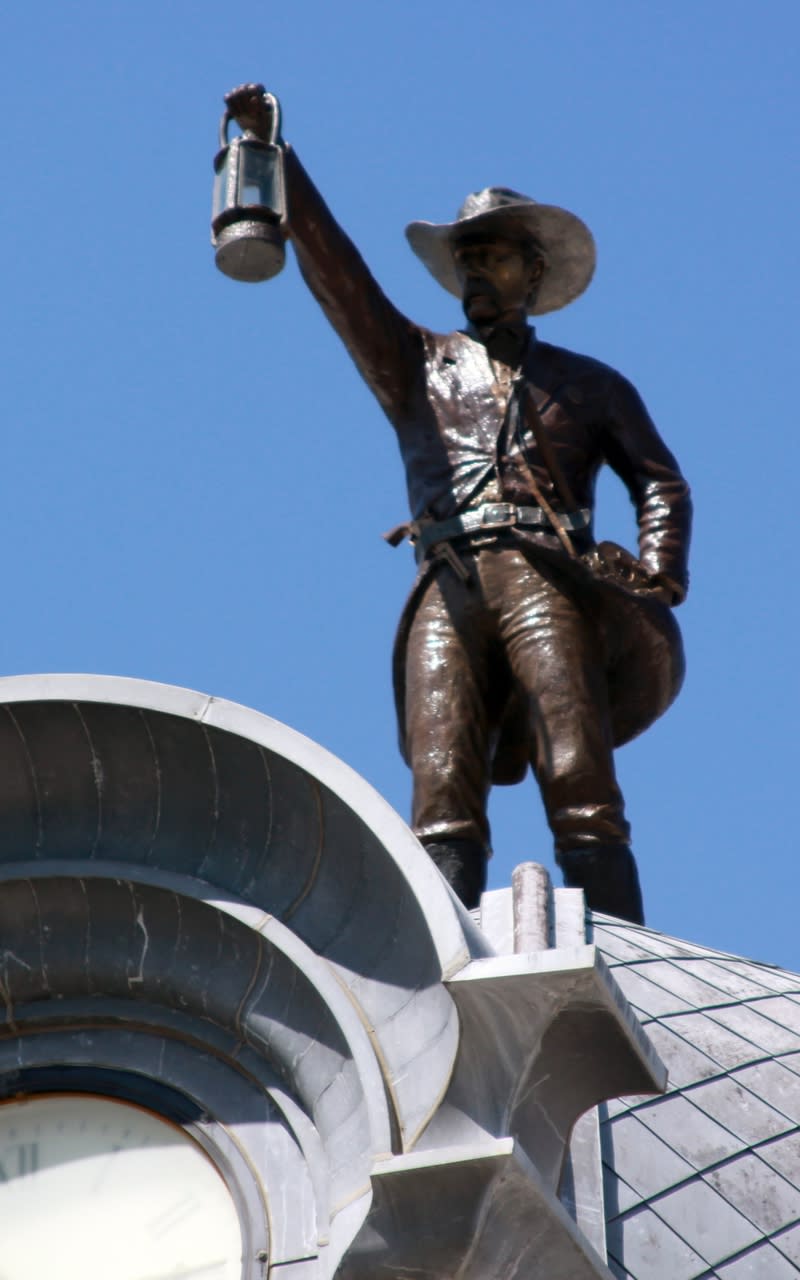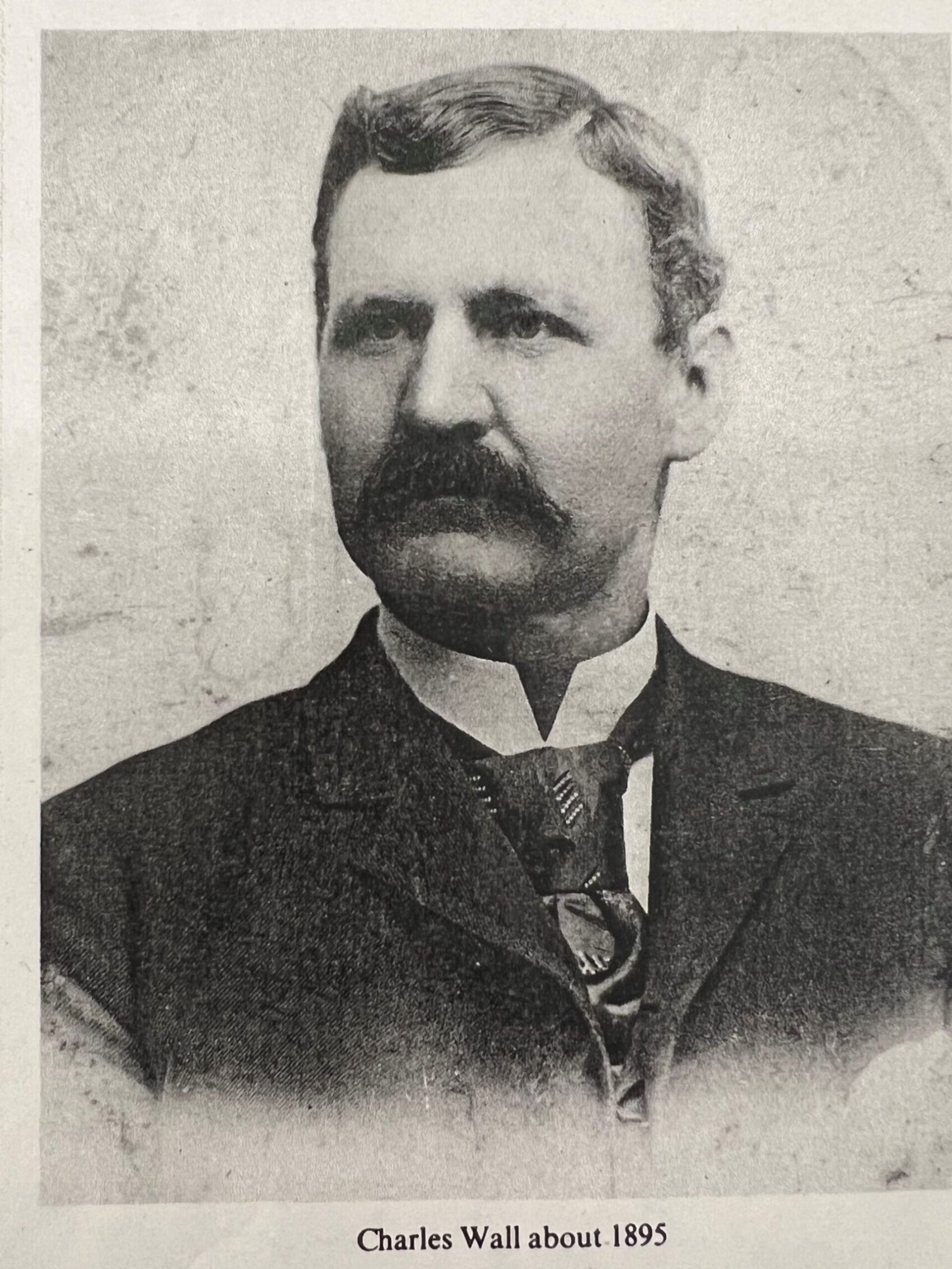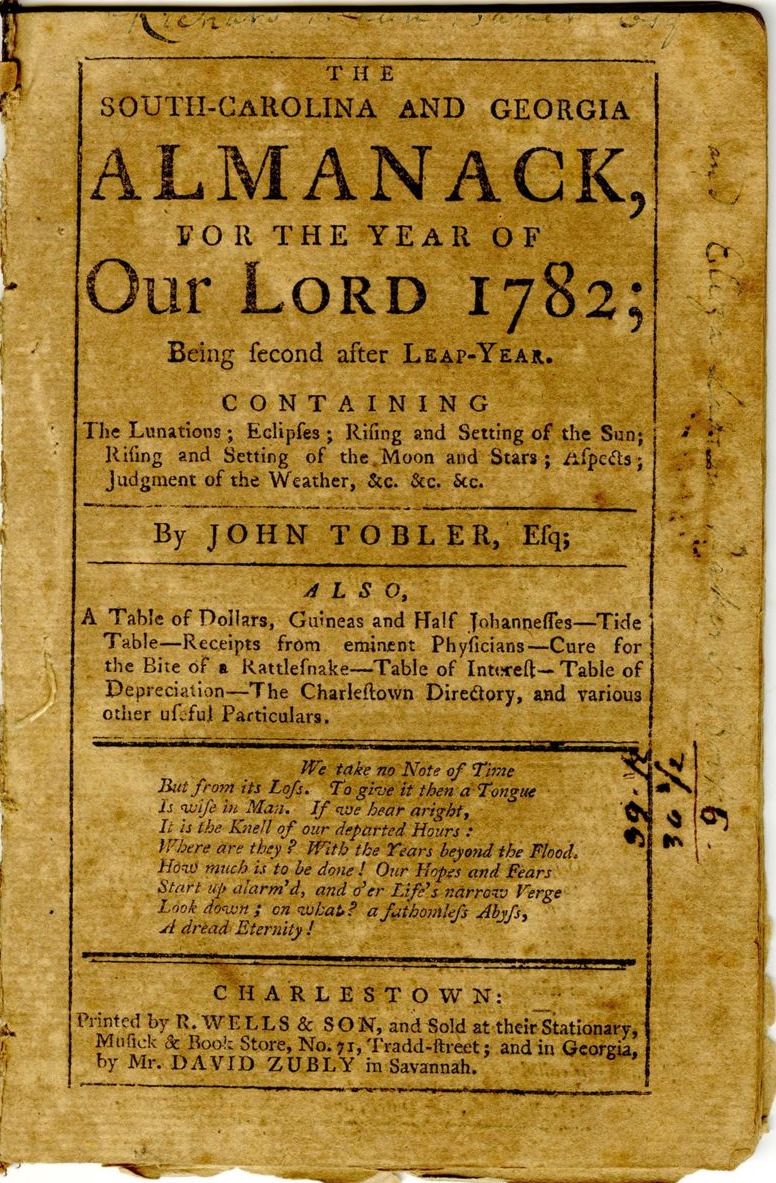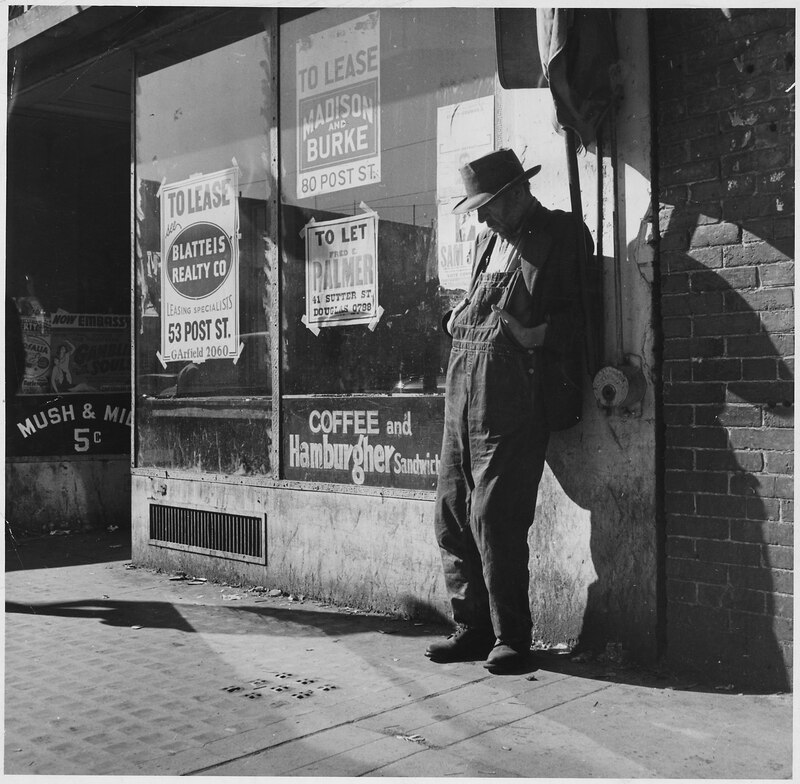Law and Order (and A Little Disorder) in Early Grapevine
The first law enforcement In Texas, Constable Thomas Alley, was sworn in by Judge John Tumlinson on March 5, 1823. A second constable joined Alley a short time afterward. Three months later, Alley and his colleague stayed to protect the local colonies while ten other men (including Tumlinson) were sent out to protect the range and guard the frontier. These men later formed the Texas Rangers. The Constables and Rangers joined forces and became an active group of roughly two hundred men. When the original Texas constitution was adopted, the constable was the only law enforcement defined by the document. Sam Houston formally separated the two groups. The constable would be elected by the people in each local area, known as precincts. The Texas Rangers became officers of the Republic of Texas. Both groups would be commissioned and report directly to the governor. Today that still holds true. When Tarrant...












Recent Comments